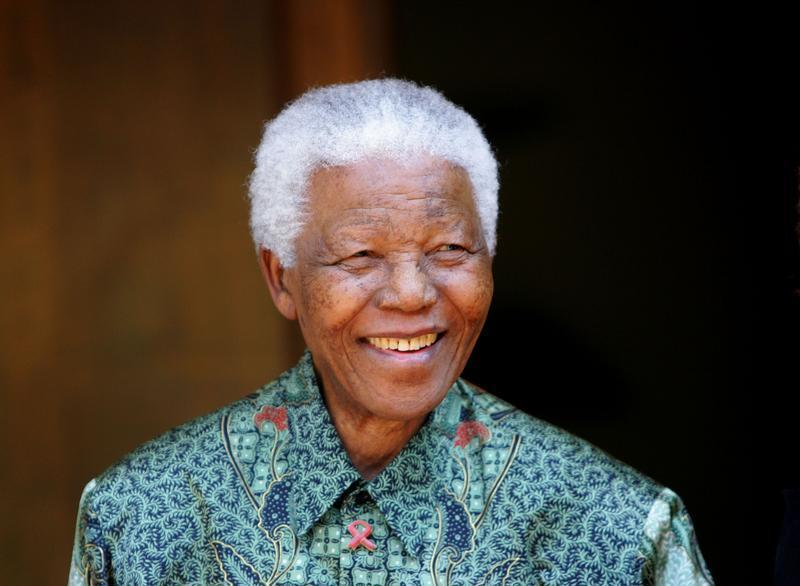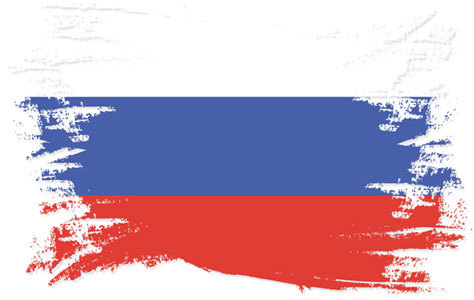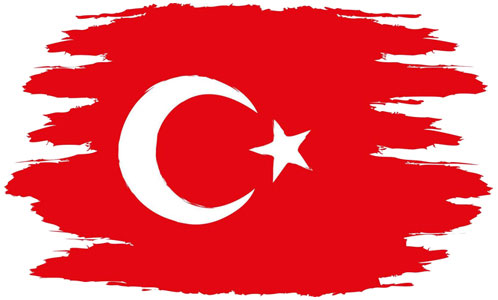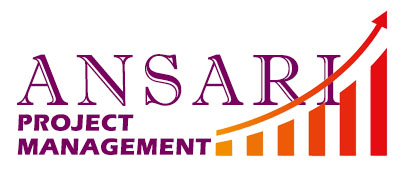1. What factors contribute to the growing interest in studying real Islam and the Holy Quran among people in Africa?
Factors such as increased access to information,
cultural curiosity, and a search for spiritual fulfillment contribute to the interest in studying Islam and the Quran.
2. In what ways do African civilizations and Islam share similar cultural and ethical values?
Both African civilizations and Islam value community, hospitality, respect for elders, and the importance of extended family structures, creating a common ground for understanding.
3. How can reading the Holy Quran upgrade the lives of Africans?
The Quran provides guidance on moral values, personal development, and interpersonal relationships, offering Africans a source of wisdom and inspiration to enhance their lives.
4. What socioeconomic challenges do local African nations face, and how can Islam and the Quran provide solutions?
Challenges such as poverty, unemployment, and inequality can be addressed by incorporating
Islamic principles of social justice, economic cooperation, and charitable giving. These principles can foster inclusive economic development and poverty alleviation.
5. What cultural issues can be addressed through the study of Islam and the Quran in Africa?
Cultural preservation, intercultural understanding, and respect for diversity can be enhanced by studying the Quran, which emphasizes the importance of embracing different cultures and fostering harmony.
6. How can personal struggles and emotional well-being be supported through the teachings of the Holy Quran in Africa?
The Quran provides solace, guidance, and teachings on resilience, patience, and self-reflection. Africans can find strength and peace in difficult times by applying these
principles to their lives.
7. How can the Quranic teachings contribute to environmental conservation efforts in Africa?
The Quran emphasizes stewardship of the Earth and the importance of preserving nature. Africans can integrate these teachings into their environmental policies and practices to promote sustainable development and protect their rich natural resources.
8. What role does the Quran play in promoting gender equality and women's empowerment in Africa?
The Quran emphasizes the equal worth and rights of all individuals, regardless of gender. By understanding and practicing these teachings, Africans can work towards gender equality, women's empowerment, and the eradication of harmful cultural practices.
9. How can the Quranic teachings promote social cohesion and peaceful coexistence in Africa's diverse societies?
The Quran calls for compassion, justice, and respect for others. By embracing these principles, Africans can strengthen social bonds, resolve conflicts,
and promote peaceful relations among diverse ethnic and religious groups.
10. How can the Quranic emphasis on education and knowledge contribute to addressing educational challenges in Africa?
The Quran promotes the pursuit of knowledge and emphasizes the importance of education. Africans can prioritize education, invest in educational infrastructure, and promote literacy to bridge the educational gap in the region.

The Quran emphasizes the equal worth and rights of all individuals, regardless of gender.
11. Can the study of real Islam and the Quran help counter extremist ideologies in Africa?
12. What are the potential benefits of interfaith dialogue between Islam and other religions in Africa?
Interfaith dialogue encourages understanding, respect, and cooperation among different religious communities. Africans can engage in such dialogue to promote religious harmony and address religious tensions.
13. How can the Quranic teachings on forgiveness and reconciliation contribute to peacebuilding efforts in Africa?
The Quran promotes forgiveness, reconciliation, and peaceful resolution of conflicts. Africans can draw upon these teachings to heal wounds, reconcile communities, and build a sustainable peace.
14. How can Islamic finance principles contribute to addressing economic disparities in Africa?
Islamic finance emphasizes economic justice, ethical investment, and the equitable distribution of wealth. By adopting these principles, African
nations can address economic disparities and promote inclusive economic growth.
15. How can the Quranic principles of justice and fairness contribute to combating corruption in Africa?
The Quran promotes integrity, accountability, and righteous governance. By applying these principles, African nations can combat corruption and promote transparency and good governance.
16. Can the study of Islam and the Quran contribute to promoting mental health and well-being in Africa?
The Quran provides teachings and guidance on inner peace, mindfulness, and resilience. By implementing these teachings, Africans can address mental health challenges and promote holistic well-being.
17. How can the Quranic teachings inspire Africans to address social issues such as poverty, hunger, and lack of access to healthcare?
The Quran emphasizes the importance of charitable giving, compassion, and social responsibility. By practicing these teachings, Africans can contribute to poverty alleviation, improve healthcare access, and
ensure food security.
18. How can the Quranic teachings on personal responsibility contribute to addressing personal and societal challenges in Africa?
The Quran emphasizes personal responsibility, self-discipline, and accountability. By taking ownership of their actions and behaviors, Africans can address personal challenges and contribute to the betterment of their societies.
19. How can the Quran contribute to preserving and promoting African cultural heritage?
The Quran encourages the preservation of cultural diversity and respect for traditions. Africans can draw upon the Quranic teachings to safeguard and celebrate
their rich cultural heritage.
20. How can the Quranic principles of unity and cooperation contribute to fostering regional integration and peaceful relations among African nations?
The Quran promotes unity, cooperation, and peaceful coexistence among people. African nations can draw inspiration from these principles to promote regional integration, strengthen diplomatic ties, and foster a climate of peace and stability.

The Quran encourages the preservation of cultural diversity and respect for traditions.
21. Can the study of Islam and the Quran contribute to empowering marginalized communities in Africa?
22. How can the study of real Islam and the Quran contribute to addressing issues of tribalism and ethnic tensions in Africa?
The Quran emphasizes the unity and equality of all believers, irrespective of their backgrounds. By studying these teachings, Africans can challenge tribalism, promote equality, and foster harmonious interethnic relations.
23. How can the Quranic teachings on moderation and personal balance contribute to addressing lifestyle-related health issues in Africa?
The Quran promotes moderation and emphasizes the importance of physical and mental well-being. Africans can apply these teachings to address lifestyle-related health issues and promote healthy living.
24. How can the Quranic principles inspire Africans to engage in civic participation and contribute to democratic governance?
The Quran encourages justice, accountability, and participation in the affairs of society. Africans can draw upon these principles to promote democracy, civic engagement, and
responsible governance.
25. How can the Quranic teachings on character development and ethical conduct contribute to addressing corruption and unethical practices in Africa?
The Quran emphasizes moral and ethical values, emphasizing honesty, integrity, and transparency. Africans can adhere to these principles to combat corruption and promote ethical behavior in all spheres of society.
26. Can the principles of Islamic architecture and urban planning contribute to sustainable development in Africa?
Islamic architecture promotes a harmonious relationship with the environment and sustainable urban planning. Africans can integrate these principles into their development strategies to create sustainable cities and infrastructure.
27. How can the Quranic teachings contribute to strengthening family values and fostering healthy family dynamics in Africa?
The Quran promotes the
importance of family, respect for parents, and unity. Africans can find guidance in these teachings to strengthen family bonds and create nurturing environments for children and future generations.
28. How can the Quranic teachings on social responsibility contribute to addressing youth unemployment and empowerment in Africa?
The Quran encourages individuals to take responsibility for their communities and contribute to their development. Africans can apply these teachings to address youth unemployment through entrepreneurship, skills training, and mentorship programs.
29. How can the Quranic teachings on peace and conflict resolution contribute to addressing the challenges of armed conflict and violence in Africa?
The Quran promotes peace, justice, and the peaceful resolution of conflicts. Africans can draw upon these teachings to seek peaceful solutions, promote dialogue, and prevent the escalation of violence.
30. How can the Quranic teachings inspire Africans to be active caretakers of the environment and address environmental challenges such as deforestation and climate change?
The Quran emphasizes the responsibility of humans to protect and
preserve the Earth. Africans can apply these teachings to promote conservation, sustainable practices, and environmental awareness to combat environmental challenges.
Dear Visitor; Please take a look at the list of 50 most visited websites in the world wide web: YouTube, Facebook, google, translate, gmail, weather, amazon, Instagram, cricbuzz, Hotmail, wordle, satta king, twitter, yahoo, yandex, sarkari result, Netflix, google maps, yahoo mail, roblox, whatsapp, NBA, BBC news, outlook, pinterest, flipkart, eBay, omegle, live score, tiktok, canva, ipl, premier league, hava durumu, ibomma, walmart, twitch, ikea, shein, linkedin, home depot, e devlet, lottery, snaptik, cricket, serie a, nfl, spotify, fox news, amazon prime; There is no book publishing related or project management website in this list. We are working hard to bring these important issues to the center of concentration of societies. Please introduce us via social media, share our website with others and help us to make our world a better place to live. Best Regards.













Write your review